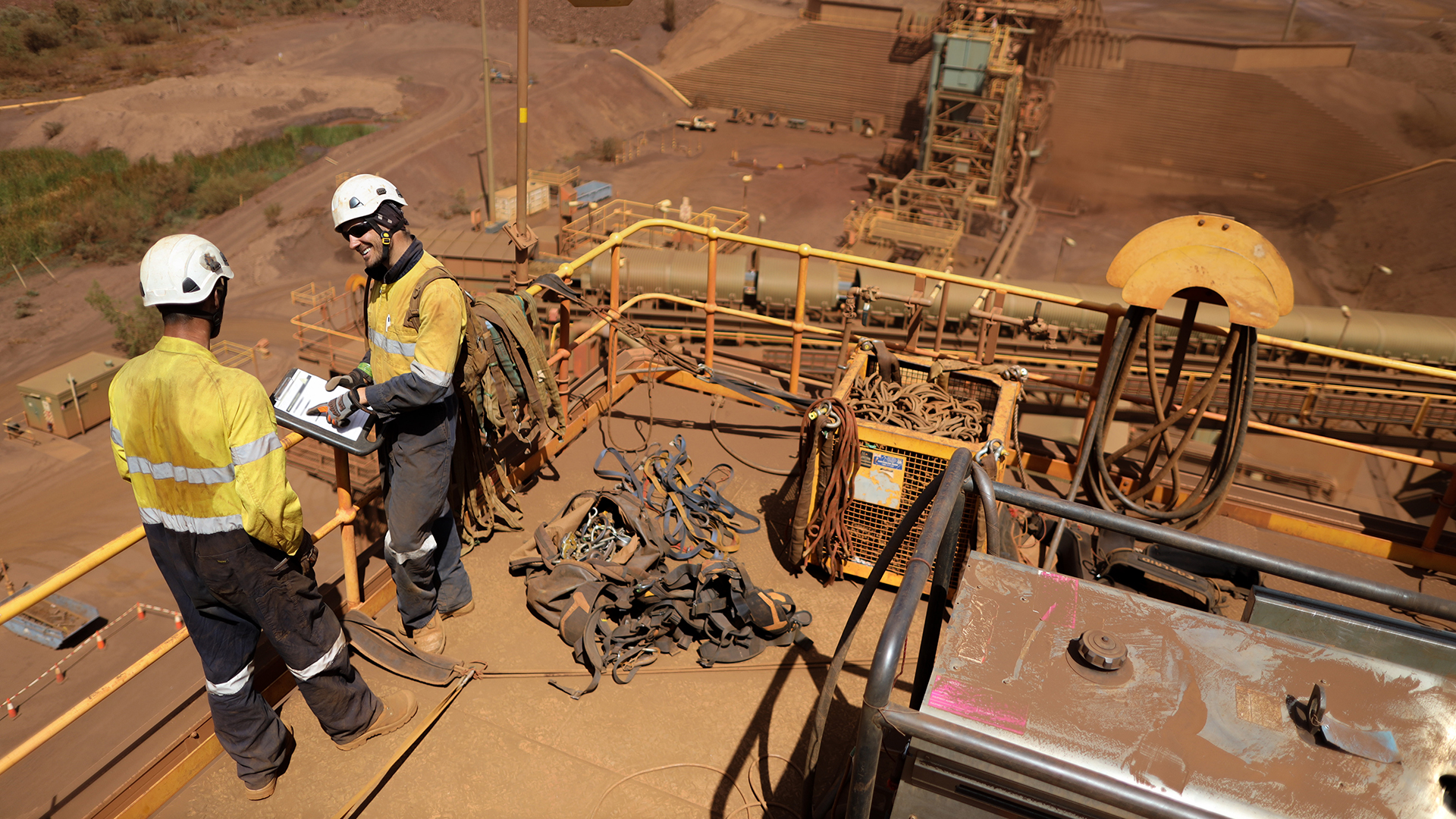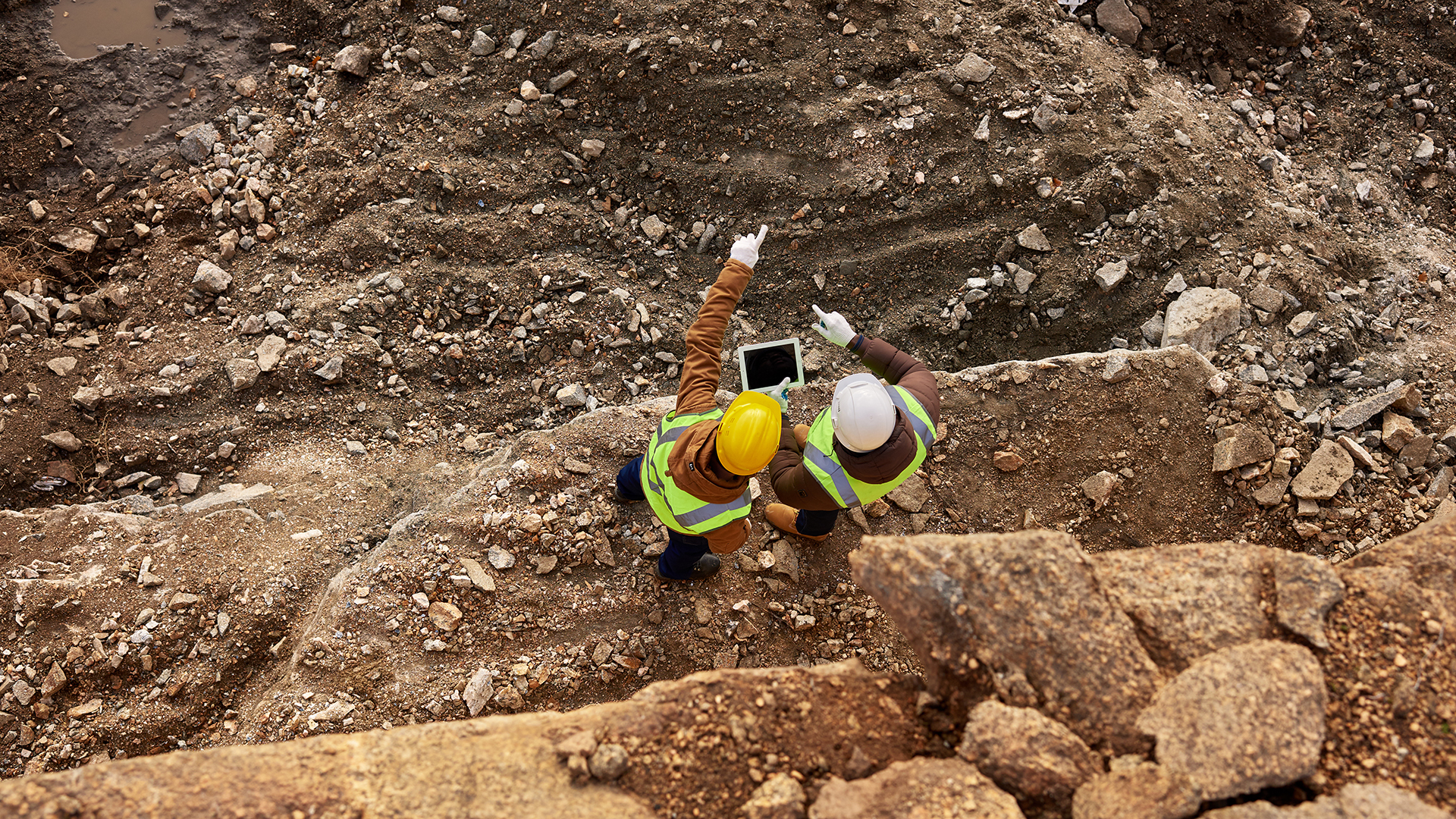The Initiative for Responsible Mining Assurance (IRMA) independently assesses the performance of individual mines against an equally governed, consensus-based standard, focusing on reducing social and environmental harm while promoting transparency and accountability in mining practices.
The definition of IRMA highlights its role as an independent entity that provides equal representation to various stakeholders involved or affected by mining operations. These stakeholders may include indigenous rights holders, mine workers, environmentalists, human rights advocates, and other representatives of civil society.
The purpose of IRMA is to ensure responsible mining practices that acknowledge the economic benefits and the potential social and environmental impacts. This is achieved through set criteria encompassing social responsibility, environmental responsibility, business integrity, and planning for positive legacies.
Each participating mine undergoes an independent evaluation conducted by a third-party audit firm trained and approved by IRMA. This rigorous process includes on-site visits to the mine and nearby communities, offering a platform for those affected by mining operations to voice their experiences.
The evaluation under IRMA provides valuable insights into the functioning of mines. It allows affiliated companies, mined material purchasers, investors, and communities to grasp what’s going well within specific mines and areas requiring more attention based on concrete impact criteria.
The reports generated following these evaluations serve as reliable sources about the social and environmental performance at each audited site, contributing towards informed decision-making processes among all stakeholders.
Moreover, the benefits associated with adhering to IRMA standards are manifold. Mines complying with this standard gain credibility due to transparent disclosure of their operational practices, fostering trust among communities and clients while inviting potential investments from environmentally conscious investors.
Additionally, these standards encourage continuous improvement within mining firms since non-compliance can be immediately identified, allowing rectifications before causing substantial harm.
Overview of the auditing process
Auditing processes provide a clear mirror, reflecting the true state of a mine’s social and environmental impacts – an essential step in achieving transparency and accountability within the mining industry.
The Initiative for Responsible Mining Assurance oversees such audits, using a rigorous process that measures individual mines’ performance against an equally governed standard. Post this initial self-assessment by the mine, IRMA-approved third-party audit firms conduct in-depth evaluations involving site visits to the mine and surrounding communities. This comprehensive approach allows for detailed scrutiny of the mining operations from multiple perspectives.

One of the key benefits of such an auditing process is that it helps in identifying areas that are functioning well as well as those requiring improvement. Detailed reports generated after these audits offer concrete data about the mine’s social responsibility, environmental responsibility, business integrity, and planning for positive legacies.
In addition to providing valuable insight into operational efficiency, they also serve as significant tools for communication between stakeholders, enabling them to make informed decisions based on factual evidence.
However, implementing such stringent auditing processes does not come without its challenges. Given that Initiative for Responsible Mining Assurance standards are relatively new in practice and quite demanding, there can be some resistance or lack of familiarity among companies volunteering for audits.
It requires extensive training for auditors to accurately evaluate a mine based on all criteria set by IRMA standards while ensuring unbiased outcomes. Furthermore, garnering full participation and candid input from community members may be difficult due to unfamiliarity with the process or discomfort with engagement.
Despite these challenges faced during implementation, once successfully completed, each audit serves as a stepping-stone towards improved dialogue between mining companies and those affected by their operations.
Addressing concerns raised during audits effectively and transparently sharing results with all stakeholders involved, including local communities or indigenous rights holders, significantly enhances trust levels, which fosters better relationships moving forward. Thus, while evaluation through audits may seem strenuous initially, it yields beneficial long-term outcomes through enhanced understanding, creating mutual respect among all parties involved.
Achieving IRMA 75
Achieving an IRMA 75 rating is a significant accomplishment for any mining operation, as it signifies that the mine has surpassed critical requirements and achieved at least 75% of the criteria in four key areas: social responsibility, environmental responsibility, business integrity, and planning for positive legacies.
This distinction underlines the mine’s commitment to achieving sustainability while maintaining high industry standards. This entails compliance with technical and operational norms and demands attention to social interactions with local communities and broader societal stakeholders.
Performance evaluation conducted by an independent audit firm plays a vital role in assessing whether these stringent criteria are met. By employing a comprehensive set of indicators across the aforementioned categories, auditors scrutinise not just the immediate functioning of the mine but also its future plans for leaving a lasting positive impact on surrounding communities and ecosystems. This rigorous scrutiny provides an unbiased assessment of how well the organisation is managing both its social and environmental impact.
The achievement of IRMA 75 offers more than mere industry recognition; it serves as evidence that responsible mining criteria are being upheld. It implies that mines are not solely focused on extracting resources but are committed to minimising harm to people and the planet. Furthermore, it sends out a strong message to potential investors about the company’s dedication to ethical practices, which can be highly influential in investment decisions.
Achievement of IRMA 75 is not merely an endpoint but rather marks a milestone in an ongoing journey towards improved performance within the mining sector. It underscores continuous efforts toward improving practices over time to reach even higher standards – ultimately striving for full compliance with all aspects outlined by IRMA’s Standard for Responsible Mining.
Importance of transparency
Transparency in mining operations, while often overlooked, plays a pivotal role in ethical resource extraction, juxtaposing itself against the historical opaqueness of the industry. Inherent to this transparency is adherence to industry standards that allow for robust auditing and reporting mechanisms.
These standards form the backbone of verifiable practices that can be audited by independent bodies such as IRMA, where performance on social and environmental impact criteria are measured. The benefits of transparency through these measures cannot be overstated – they enable stakeholders to make informed decisions about a company’s social and environmental performance.

Building trust among affected communities, investors, regulatory bodies, and other concerned parties is another significant advantage derived from transparency. Trust-building becomes increasingly important when considering the potential adverse impacts mining activities can have on local communities and environments. By voluntarily subjecting their operations to public scrutiny via independent audits like those conducted under the IRMA standard, mining companies demonstrate accountability and a commitment to minimising adverse effects.
Accountability measures further enhance transparency by holding mining companies responsible for their actions. Undergoing rigorous evaluations provides opportunities for mines not only to showcase their adherence to responsible practices but also to identify areas requiring improvement. Such processes lead to an open communication channel between all stakeholders involved – from rights holders and community members directly impacted by the mine’s operation to investors seeking sustainable investment options.
The positive influence exerted by increased transparency extends beyond immediate stakeholders; it shapes public perception towards the mining sector as well. The widespread adoption of transparent practices signals a shift away from historically opaque operations towards more responsible resource extraction methods consistent with societal expectations of sustainability and corporate responsibility.
This shift helps improve the overall image of an industry often criticised for its environmental footprint while ensuring it continues contributing economically in a manner aligned with global sustainability goals.
The role of stakeholders
Active engagement of all relevant parties is crucial to reinforce accountability in mining operations and ensure their adherence to ethical standards. This principle underscores the importance of stakeholder engagement, which is significantly featured in the Initiative for Responsible Mining Assurance standard. Leading mineral exploration companies such as Lithium Power International champion these values, collaborating with local communities on operations such as their Flagship Maricunga project.
The Initiative for Responsible Mining Assurance system provides a platform for diverse stakeholders such as indigenous communities, environmental advocates, human rights activists, mine workers, and corporate entities to participate equally in the assessment process. By inviting those directly or potentially affected by mining activities to share their experiences and perspectives with the auditing team, IRMA creates an inclusive approach that respects indigenous rights and promotes social responsibility.
Involving community members in audits against the IRMA Standard deepens understanding between mining companies and those affected by their operations. It gives voice to local communities and encourages dialogue about best practices in responsible mining. The participatory nature of these audits also enhances transparency and corporate accountability by allowing stakeholders to question company decisions or actions that may have adverse social or environmental impacts.
Moreover, companies adhering to the IRMA Standard demonstrate a commitment towards comprehensive social responsibility by actively involving communities in decision-making processes regarding their operations. This addresses concerns related to environmental protection and highlights respect for indigenous rights through conscious efforts at minimising disruptions caused by mining activities on traditional lands or practices.

The role of stakeholders within the framework of responsible mining practices extends beyond mere participation; they are instrumental in ensuring positive outcomes aligned with societal expectations and sustainability goals. Through active involvement in audit processes against stringent guidelines like IRMA’s standard, stakeholders can effectively reinforce corporate accountability while advocating for environmentally responsible principles that promote harmonious coexistence between industrial progress and natural preservation.
Continuous improvement
Continuous improvement in the mining sector, often marked by rigorous audits and reassessments, is crucial for ensuring environmental sustainability and social responsibility. This concept goes beyond mere compliance with regulations or meeting minimum industry standards.
It involves a commitment to constantly evaluate performance and seek ways to enhance both operational efficiency and socio-environmental outcomes. The IRMA Standard provides a comprehensive framework that enables mines to systematically assess their activities against globally recognised benchmarks of responsible mining.
A key aspect of continuous improvement involves regular performance evaluation using objective criteria. Audits such as those conducted by IRMA provide detailed assessments on various aspects, including social responsibility, environmental stewardship, business integrity, and planning for positive legacies.
Independent evaluations like these not only help identify areas where mines are performing well but also spotlight those requiring further attention or enhancement. By providing transparent information about the mine’s performance against each criterion of the standard, stakeholders can make informed decisions regarding operations.
Implementing continuous improvement strategies requires a strong commitment to achieving sustainability goals. Responsible mining necessitates that companies set ambitious targets to reduce environmental harm, safeguard workers’ rights and welfare, and respect indigenous lands and cultures while maintaining economic viability. These objectives serve as guiding principles for action plans designed to improve business processes while mitigating harmful impacts on communities and ecosystems.
The need for continuous improvement underscores the dynamic nature of responsible mining practices. As new challenges emerge within the sector – be it novel technological advancements or shifting societal expectations – industry standards must adapt accordingly to ensure ongoing relevance and effectiveness. Henceforth, an emphasis on continual progress rather than static achievement fosters resilience within the mining sector while promoting greater accountability towards people and the planet alike.










